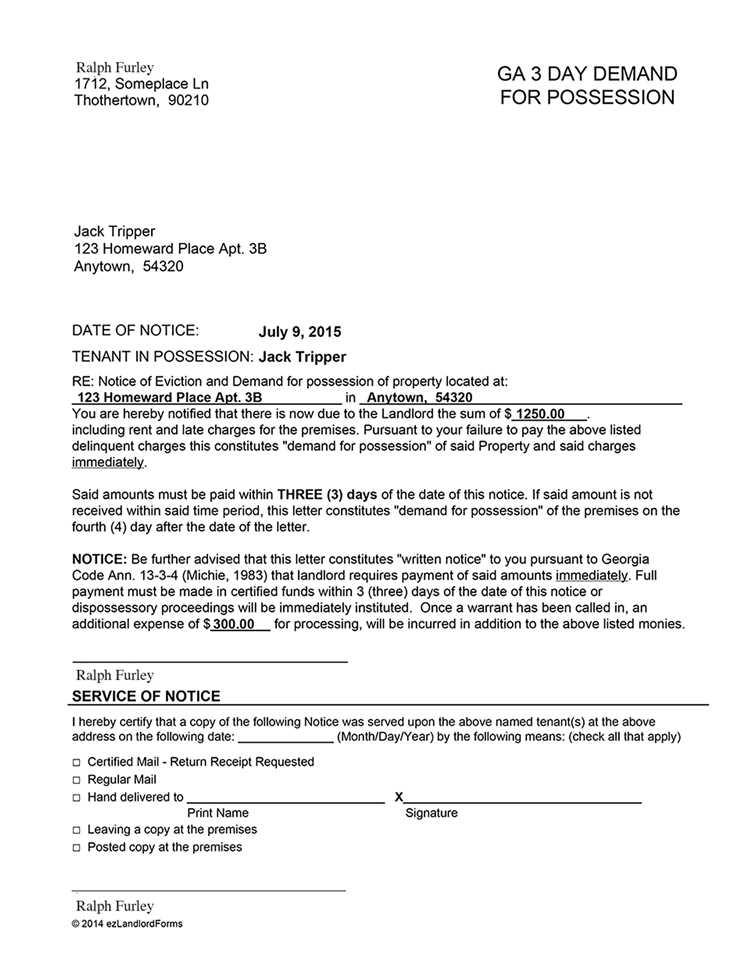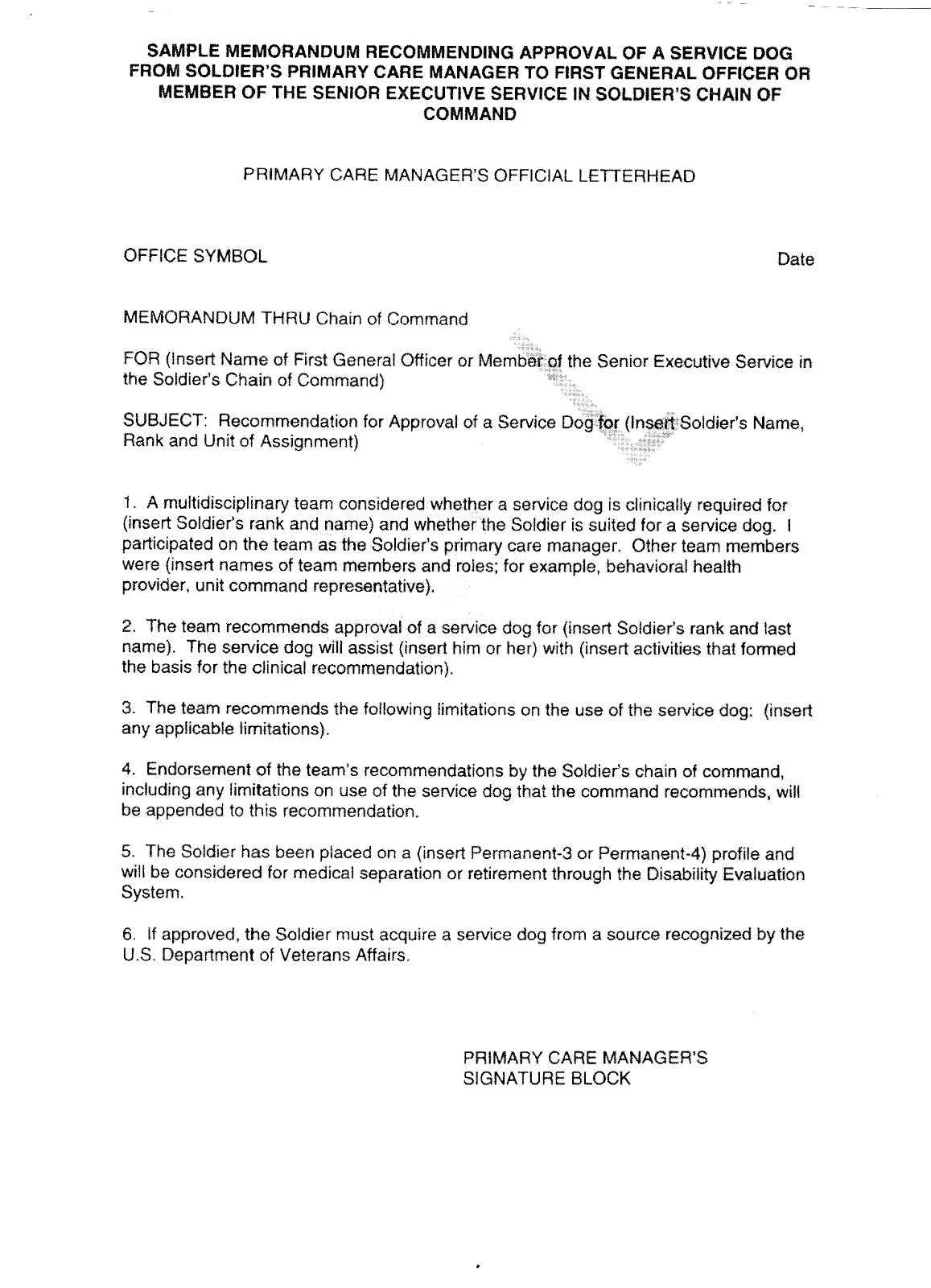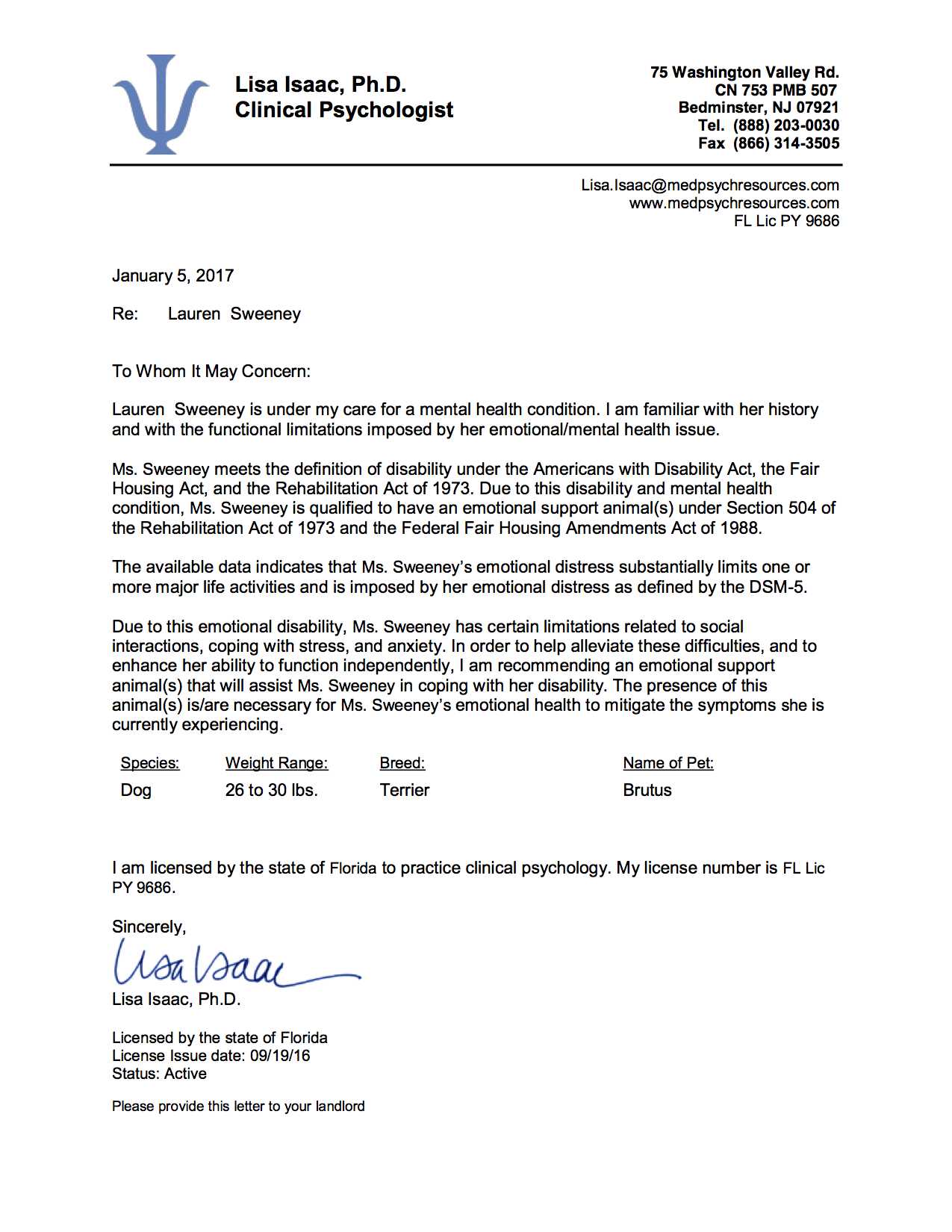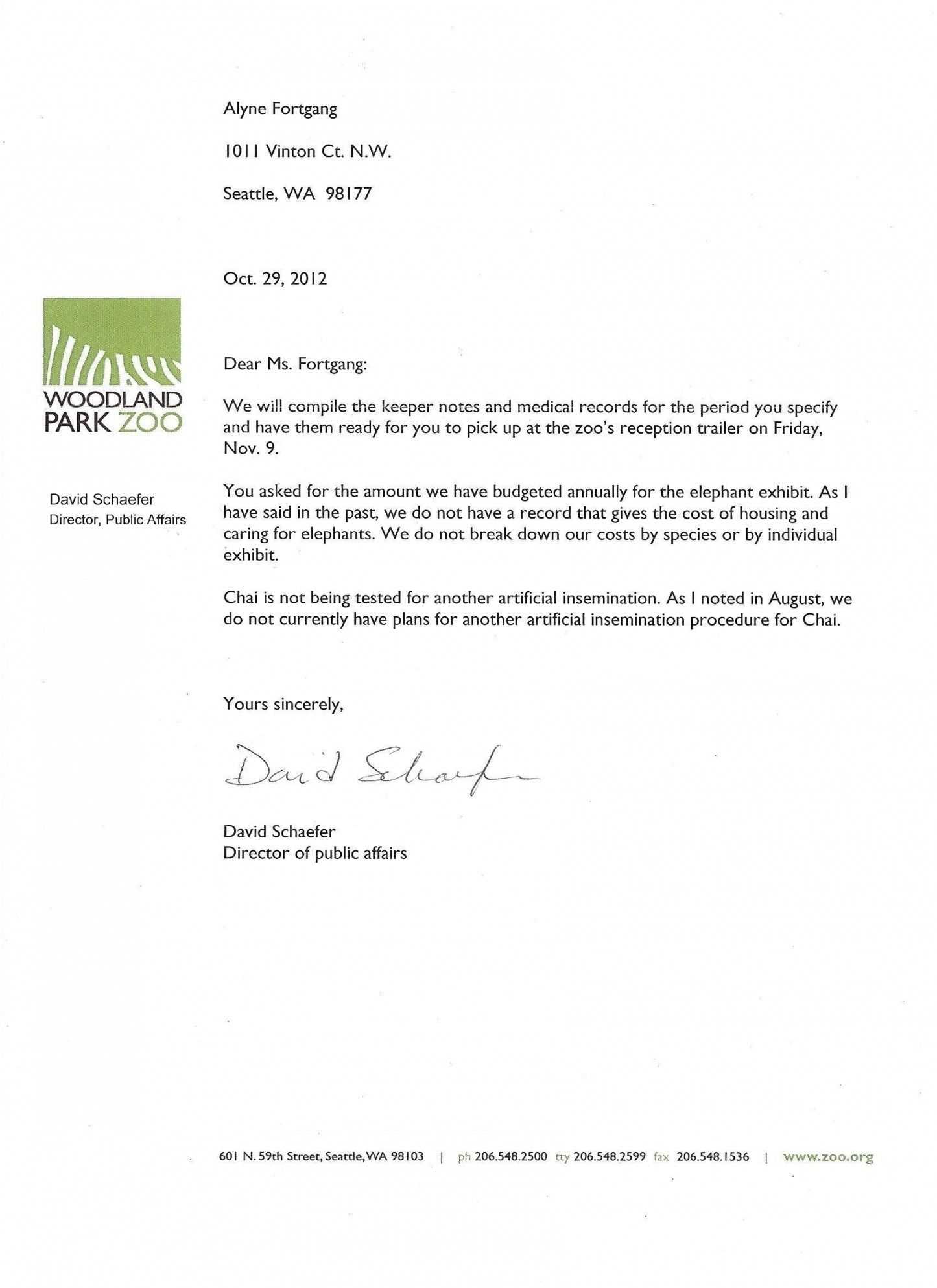Service Dog Letter Template for Landlord Use

Securing the right accommodations while managing health or mobility challenges can often involve specific formalities. In many situations, individuals with assistance animals may need to request special permissions from property owners or managers. This can be an essential step in ensuring that pets or animals that provide critical support are accommodated properly within rental properties.
To streamline the process, it’s helpful to understand what is required in such requests. By presenting clear, accurate information and adhering to legal standards, tenants can make their case more effectively. Knowing what details to include and how to communicate your needs can significantly improve the likelihood of a successful outcome.
Understanding Service Animal Requirements for Housing

When seeking accommodation, individuals who rely on animals for assistance may face unique challenges. It’s essential to understand the legal and procedural requirements that ensure these animals are recognized as necessary companions in housing situations. Knowledge of these regulations helps tenants navigate the process of requesting accommodations with property owners.
Federal laws provide clear guidelines on the rights of individuals with assistance animals. Understanding these rights ensures that tenants can assert their needs without fear of discrimination. To assist in this process, property owners are generally required to make reasonable modifications to their policies to accommodate these animals. Below is a table outlining key points about these regulations:
| Requirement | Description |
|---|---|
| Disability Verification | Tenants may need to provide evidence of a disability to request an accommodation. |
| Animal Role | The animal must provide essential support or services related to the tenant’s condition. |
| Non-Discrimination | Property owners cannot deny accommodation requests solely based on the presence of an assistance animal. |
| Reasonable Modifications | Landlords must adjust policies to accommodate assistance animals without causing undue hardship. |
Importance of a Letter for Property Owners

When requesting permission to have an animal that assists with a medical or psychological condition, clear communication is crucial. A formal document that outlines the necessity of the animal can be a key tool in ensuring that property owners understand the request and the legal rights of the tenant. This written request serves as both a clear explanation and a record of the interaction between the tenant and the property owner.
Providing a well-structured and concise document ensures that the tenant’s needs are addressed professionally and within the framework of housing laws. Such a document can also help avoid misunderstandings or disputes, as it clearly outlines the animal’s role and the tenant’s rights. Moreover, it allows property owners to verify that the request is legitimate and in compliance with relevant regulations.
How to Write a Request for Assistance Animal Accommodation
Crafting a formal request to have an animal that provides support in a rental property requires clear, concise language and the inclusion of specific details. The goal is to provide the necessary information in a way that ensures property owners understand the need for accommodation while adhering to legal requirements. This process can help avoid misunderstandings and ensure a smoother approval process.
Essential Elements to Include
The document should begin by clearly identifying the tenant and their current housing situation. It is also important to specify the animal’s role in assisting with a disability, providing any necessary supporting information such as the nature of the condition or a medical professional’s confirmation. It is critical that the request emphasizes the legal rights of individuals in need of assistance animals, referencing relevant laws where appropriate.
Professional Tone and Clarity
Maintaining a professional tone throughout the document is key. The request should be respectful and to the point, ensuring that all relevant details are included without unnecessary elaboration. A well-organized document increases the likelihood of a positive response from property owners, as it demonstrates preparedness and a clear understanding of the process.
Key Information to Include in Your Request
When making a formal request to have an animal that assists with a condition in a rental property, it is important to include specific details to ensure that the property owner understands the necessity of the accommodation. Including all the required information helps create a clear and professional request, which can significantly improve the chances of approval.
Essential Details for Verification

Start by clearly identifying yourself as the tenant and including your contact information. Include the nature of your condition and how the animal plays an essential role in managing it. If necessary, attach documentation from a medical professional to support your claim, explaining how the animal provides necessary assistance. Additionally, make sure to mention any relevant laws that protect individuals with disabilities and their right to reasonable accommodations in housing.
Clarifying Animal’s Role and Behavior
It is important to explain the specific tasks the animal performs to assist with your condition. This helps to demonstrate the animal’s vital role and reinforces the need for accommodation. You should also assure the property owner that the animal is well-behaved, and that it will not cause disruption or harm to the property. This assurance helps to address potential concerns regarding property damage or noise disturbances.
Legal Rights of Tenants with Assistance Animals
Individuals who rely on animals to assist with physical or mental health conditions are protected by various laws that ensure they are not discriminated against in housing situations. These legal protections are designed to guarantee that tenants can live with their assistance animals in rental properties, even when those properties have no-pet policies. Understanding these rights helps tenants navigate the process of requesting accommodations and ensures they are treated fairly.
The primary laws that protect tenants with assistance animals include the Fair Housing Act (FHA) and Section 504 of the Rehabilitation Act. These laws provide tenants with the right to request reasonable accommodations, which may include exceptions to no-pet policies, as long as the animal is necessary to assist with a disability. Below are some key rights and guidelines:
- Right to Accommodation: Tenants can request accommodations to have an assistance animal, regardless of pet policies.
- No Extra Fees: Property owners cannot charge extra pet fees or deposits for assistance animals.
- Right to Non-Discrimination: Tenants cannot be denied housing based on their need for an assistance animal.
- Verification: Property owners may request documentation confirming the tenant’s need for the animal, but they cannot ask for specific details about the disability.
- Behavioral Expectations: While assistance animals are not subject to pet restrictions, they must not pose a threat to others or cause damage to the property.
How to Handle Property Owner Rejections
When a property owner denies a request for an accommodation to have an animal assist with a medical or psychological condition, it can be discouraging. However, it is important to approach the situation calmly and professionally, as there are steps you can take to address the rejection and possibly reverse the decision. Understanding your rights and knowing how to respond can help you navigate these challenges effectively.
Step 1: Understand the Reason for Rejection

It is important to first understand the specific reason behind the refusal. If the rejection is based on misinformation or lack of clarity, you can address the concern directly. Common reasons for rejection include misunderstandings about the law, concerns over animal behavior, or doubts about the necessity of the accommodation. Once you identify the reason, you can tailor your response appropriately.
- Clarify Legal Protections: If the refusal is based on misunderstanding, politely explain the relevant housing laws that protect individuals with assistance animals.
- Provide Additional Documentation: Offer further documentation from medical professionals that confirm the need for the animal.
- Address Behavioral Concerns: Reassure the property owner by detailing the animal’s behavior and confirming it will not cause disruption or damage.
Step 2: Follow Up and Seek Mediation
If an initial discussion does not result in a resolution, follow up with a formal, written request. In some cases, involving a mediator or housing authority may be necessary. Many areas offer mediation services for tenants and property owners to resolve disputes in a fair and neutral setting.
- Stay Professional: Keep communication respectful and factual, avoiding emotional reactions.
- Consider Legal Action: If all else fails and the rejection violates your rights, seek legal advice or assistance from a tenant rights organization.